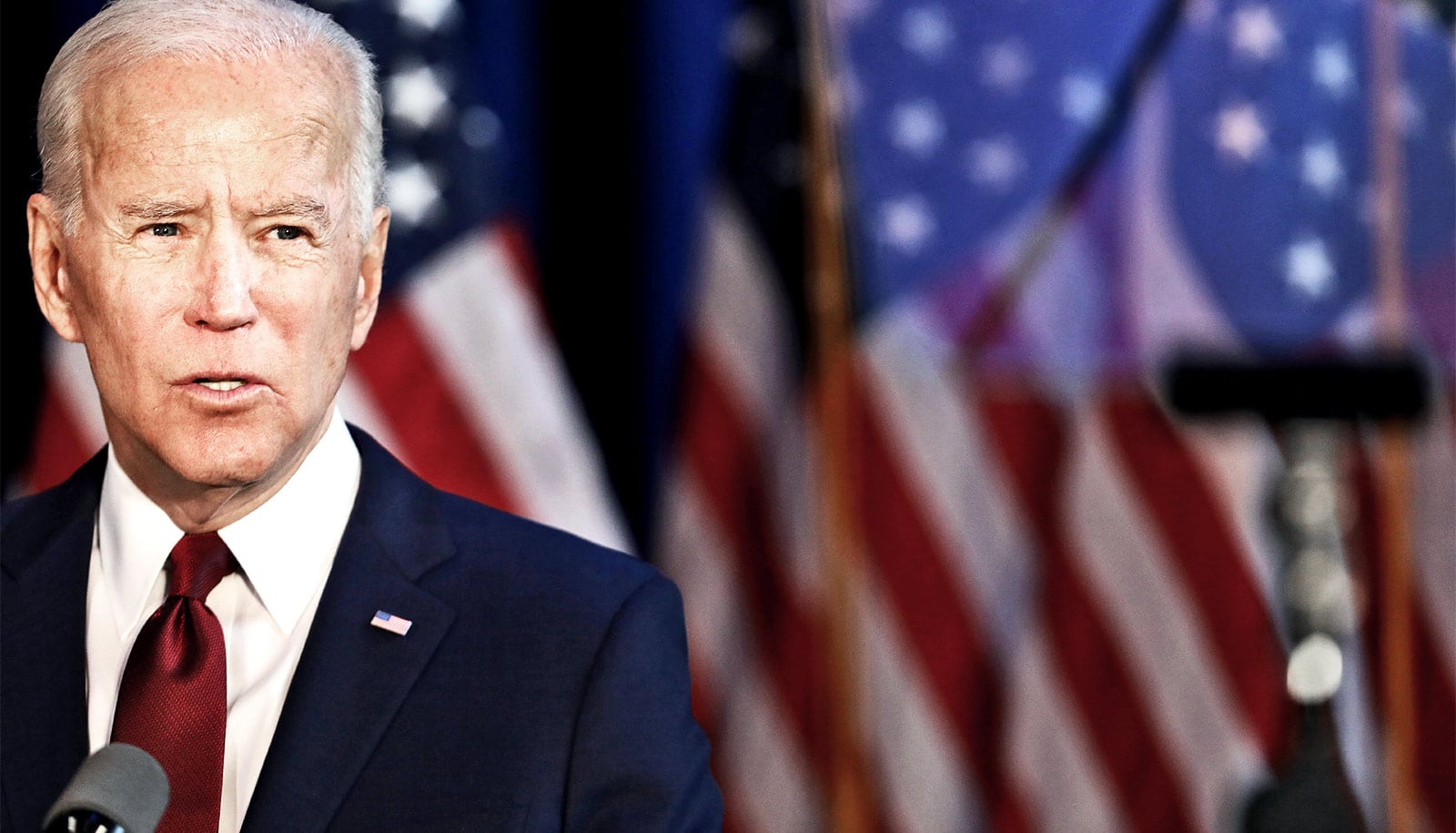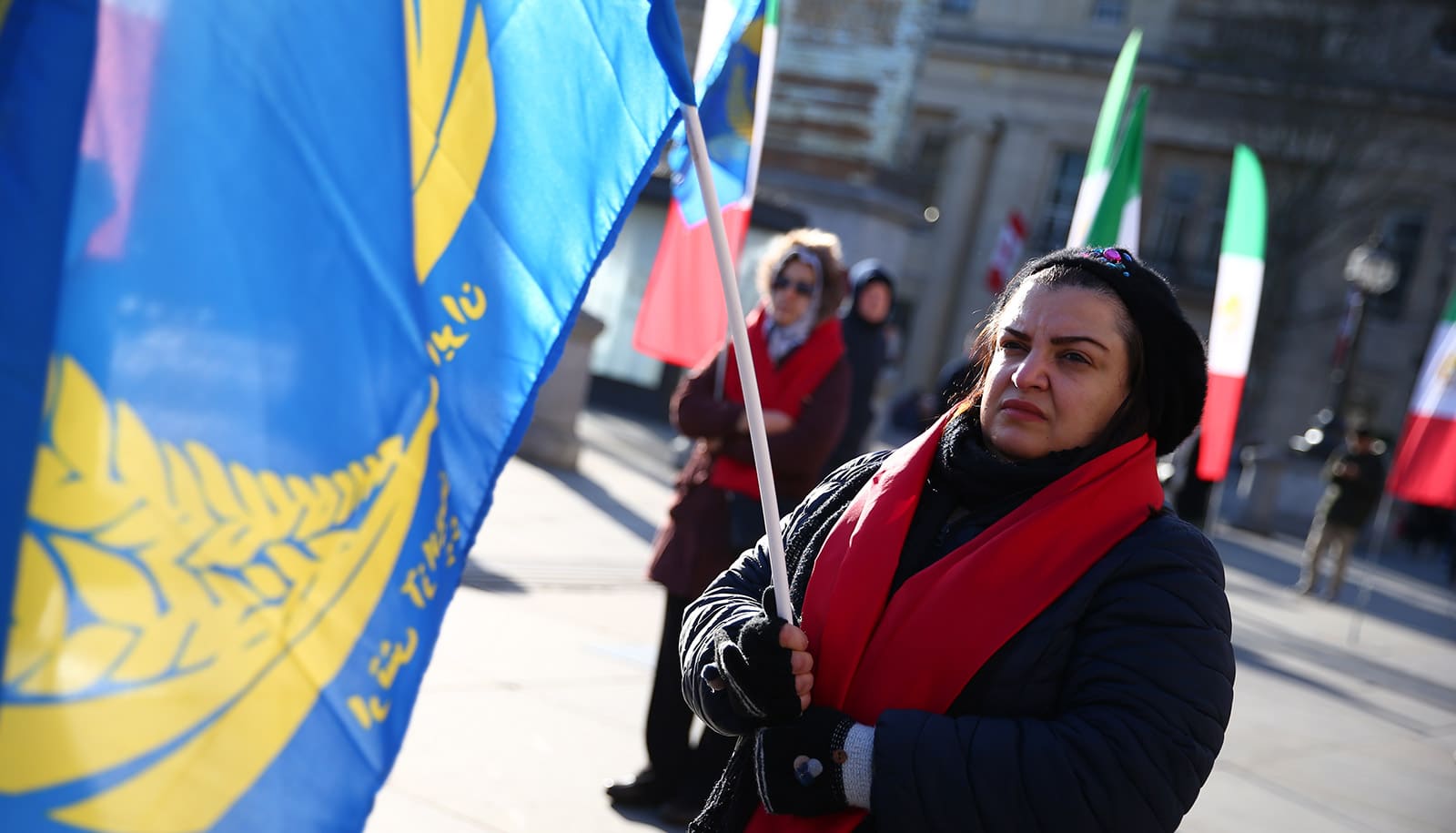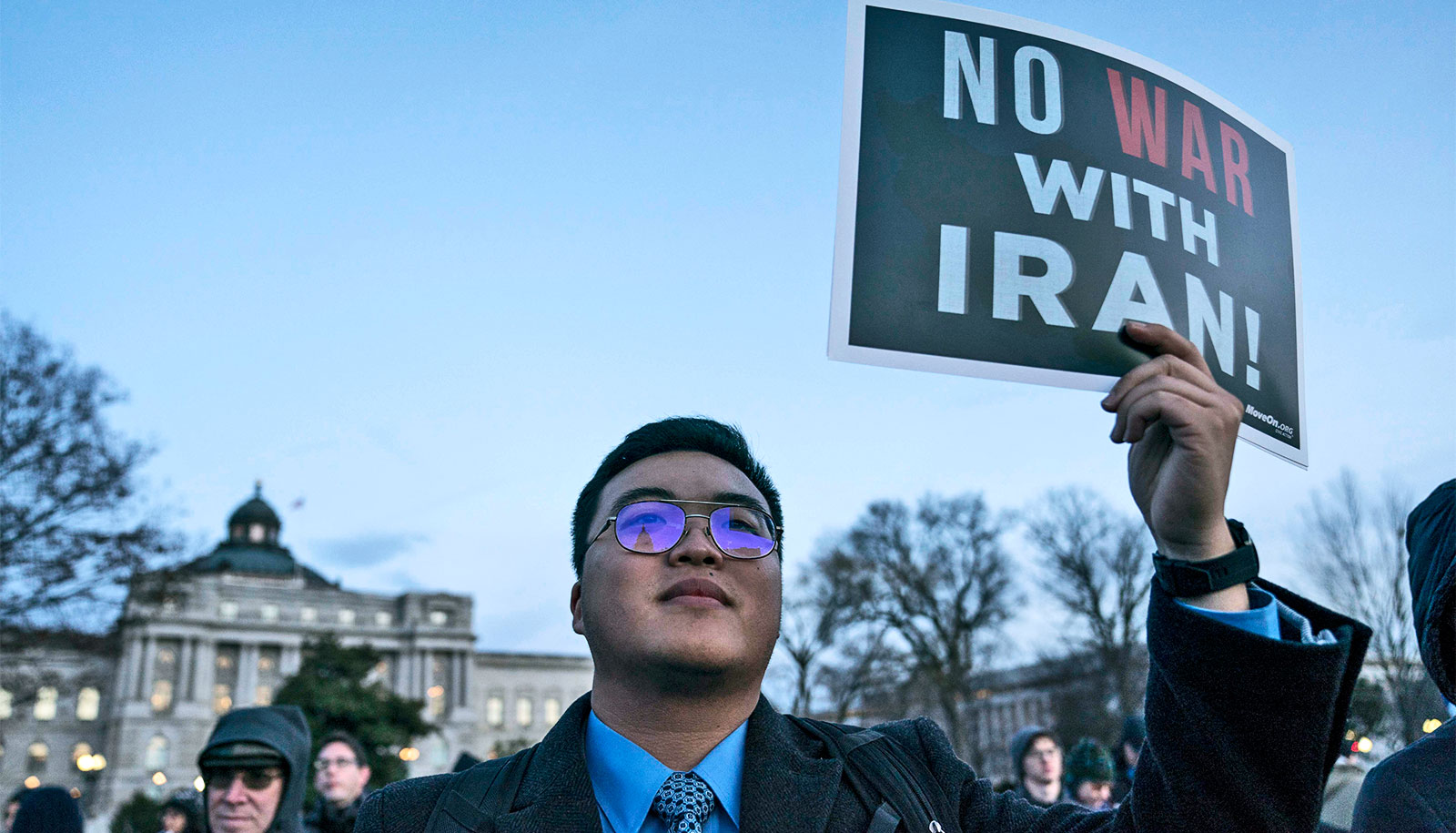With the incoming Biden administration looking to restart talks with Iran, Gary Samore assesses the chances of reaching a deal.
In May 2018, the Trump administration pulled out of what was considered one of President Obama’s signature foreign policy achievements—a nuclear deal with Iran.
Now the incoming Biden administration wants to rejoin the 5-year-old agreement, which is known as the Joint Comprehensive Plan of Action (JCPOA) and committed Tehran to strict limits on its nuclear weapons program.
But on November 27, Iran’s top nuclear scientist Mohsen Fakhrizadeh was assassinated. According to the New York Times and other media reports, it was likely carried out by Israel, which has opposed the JCPOA and may be looking to enrage Iran’s government to the point that it will refuse to return to the bargaining table. The country is also reeling from crippling economic sanctions that Trump imposed when he backed out of the agreement.
Can the 5-year-old JCPOA be salvaged?
Samore, the director of the Crown Center for Middle East Studies at Brandeis University, is one of the country’s leading experts on nuclear proliferation and arms negotiations. He served as Obama’s “WMD czar” between 2009 and 2013.
Here, he explains what both sides have to gain from negotiating a deal:
Do you think Iran will be willing to rejoin the JCPOA?
Yes. Iran is strongly motivated to reach an agreement in order to obtain sanctions relief, but the details of the JCPOA may be renegotiated to reflect recent developments. Iran will likely accept an offer from the Biden administration to return to negotiations, although it may insist that these negotiations take place in a multilateral context to include the other countries involved in the agreement: China, Russia, England, Germany, and France.
Were the Trump administration’s sanctions worth it then in terms of giving the US additional leverage at the bargaining table?
Too early to say. Trump’s withdrawal from the JCPOA was unnecessary and dangerous because the agreement was working. Whether the Biden administration can use the sanctions leverage it will inherit from the Trump administration to negotiate a better agreement remains to be seen.
How do you think Fakhrizadeh’s assassination will affect Iran’s willingness to return to the bargaining table?
It will complicate President Hassan Rouhani’s effort to resume negotiations with the US because Iranian hardliners will use the killing of Fakhrizadeh to demand tougher terms or oppose negotiations with the US. At the end of the day, however, I think Iran’s interest in sanctions relief will overcome its outrage at Fakhrizadeh’s killing.
So what are the chief obstacles to a deal?
Iran has rejected any new agreement to replace the JCPOA before it expires and some Iranian leaders have demanded compensation for the economic damage it suffered after the US withdrew from the JCPOA and imposed sanctions.
What’s in it for the US to restart the JCPOA?
For the US, a nuclear deal is the most effective way to prevent Iran from producing nuclear weapons, short of using military force.
Why don’t you think Iran will refuse to talk with the US and restart its nuclear weapons program?
Iran already has the basic technological capability to produce nuclear weapons. It can produce weapons grade uranium and it has a reliable nuclear weapons design.
However, Iran is not able to translate this basic capability into actual production of nuclear weapons without exposure and a high risk of provoking a military attack by the US or Israel because all of its critical nuclear facilities are under international monitoring. The only safe path for Iran to produce nuclear weapons is through secret facilities and, so far, its efforts to build secret facilities have been detected by Western intelligence agencies before they became operational.
Do you believe it will be the same deal as before or will there be changes?
It will mostly be the same, but some particular details may be different.
The JCPOA imposes strong physical constraints and verification measures on Iran’s ability to produce weapon’s grade uranium, but these constraints begin to lift after 2025 and are removed completely after 2030.
As a candidate, Biden said, “If Iran returns to strict compliance with the nuclear deal, the United States would rejoin the agreement as a starting point for follow-on negotiations… to strengthen and extend the nuclear deal’s provisions.”
Presumably, this means the highest US priority will be to extend the sunset provisions limiting Iran’s enrichment program (i.e., limits on enrichment levels, numbers and types of centrifuges, stocks of enriched uranium, and research and development on more advanced centrifuges).
Can Biden convince Israel to support the JCPOA?
I think Israeli support will depend on two factors—first, whether the nuclear deal imposes stronger limits on Iran’s nuclear program that go beyond the limits of the JCPOA; and second, on how effective the Biden administration is in reducing Iran’s position in the region (Syria, Lebanon, Iraq, Yemen, etc.).
Source: Brandeis University


